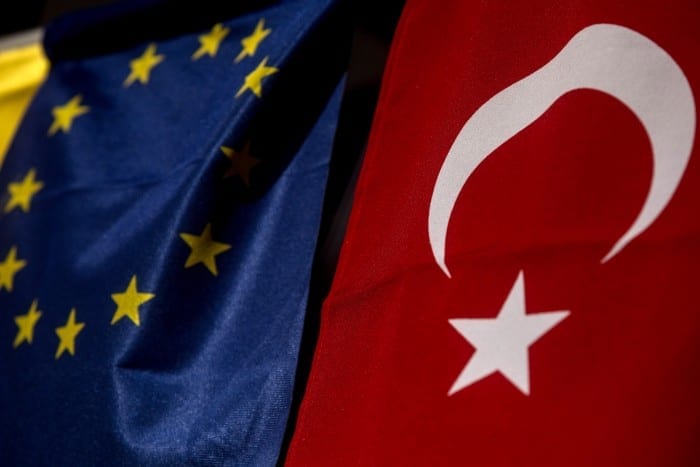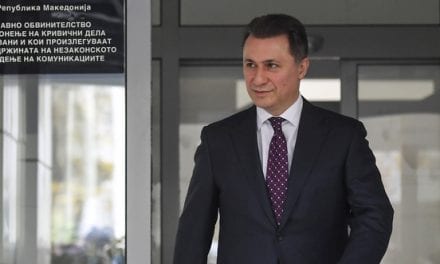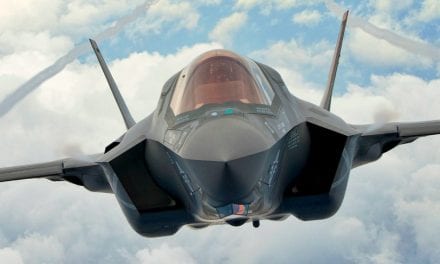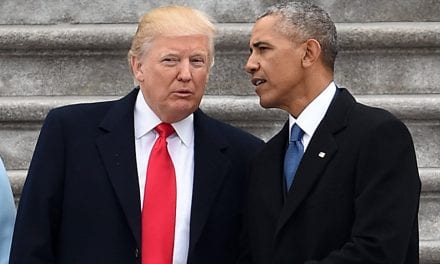By BARÇIN YİNANÇ, Hurriyet Daily News
The new European Commission has been branded by its new president Ursula Von Der Leyen as “geopolitical.”
It looks like the Turkish administration has no problem with this branding. “Turkey has a lot of place in this,” geostrategic European Union, said Turkish Deputy Foreign Minister Faruk Kaymakçı at a press gathering during the weekend.
According to Kaymakçı, the new commission’s composition leaves room to be optimistic. The fact that the president is a former defense minister (of Germany) is a good factor for instance. As security issues was center stage in her former position, “the new president can better understand Turkey,” Kaymakçı told foreign reporters.
The fact that Belgium’s compromise craftsman Charles Michel took over as president of the European Council is also “promising for Turkish – EU relations,” according to Kaymakçı who did not elaborate on the reasons why Michel’s presidency would be more “promising.” But when you are a Turkish official who wants to see progress in Turkey – EU relations, you have to look to the full side of the glass. As a former prime minister of Belgium who succeeded to be one of the few leaders to avoid the wrath of Turkish leadership in the course of the past decade, most probably he is seen by Ankara to be “better” than someone unknown.”
Similarly, the fact that the post of the enlargement commissioner was assumed by a Hungarian diplomat is also seen as a good factor.
“We have good relations with Hungary. Relatively new member countries can understand better than the other candidates,” said Kaymakçı.
“We hope we might open a new page in our relations,” added Kaymakçı.
Probably he can be the only person in Turkey to believe so. Yet, one cannot criticize Kaymakçı who is also the director for EU affairs, for being optimistic or for projecting an optimistic outlook. Having spent an important amount of his career working on Turkish – EU relations, Kaymakçı is one of the few remaining officials who still believe in the importance of keeping Turkey anchored to the European Union (mark that I did not say Europe; intentionally.)
We need more of those officials in Ankara to keep reminding other government authorities as well as the public about the importance of keeping our relations with the EU at least at a decent level.
Having said that, it is difficult to share his optimism.
To start with, we need to understand what Von Der Leyen means by “geopolitical.” The term geopolitical is usually accompanied by the term “strategic interests.” And this gives us a clue that the commission will endorse a transactional relationship with Turkey. In other words, it will only value Turkey if it would stand as a barrier to stop refugees and fundamentalist terrorists.
The fact that the very first visit from the new commission to Turkey was undertaken by its vice president who is also responsible of migration issues accompanied by the commissioner for home affairs only four days after they started office is indicative of the “transactional” nature of the relations.
There are also some other signs that, unfortunately, leaves no room for optimism.
The new commission is expected to be more “assertive” on external action. That could come as a serious irritant in Turkish – EU relations.
Turkey is already at odds with some of the major power houses of Europe on several issues, such as Syria, the eastern Mediterranean and lately Libya. An active role by the commission on these thorny issues will deteriorate the already poisoned relations between the EU and Turkey.
Kaymakçı is obviously aware of the “transactional” nature of the relationship. That’s why talking to the new members of the commission he felt the need to warn that the cooperation between the two sides should not be confined to migration and security issues only.
Most probably his warnings went to deaf ears. Any conversation on the values that made up the European Union, like democracy, rule of law or human rights is bound to turn into a dialogue among the deaf for the immediate future. EU is not interested; neither is the Turkish leadership.



















